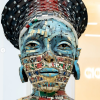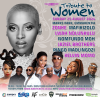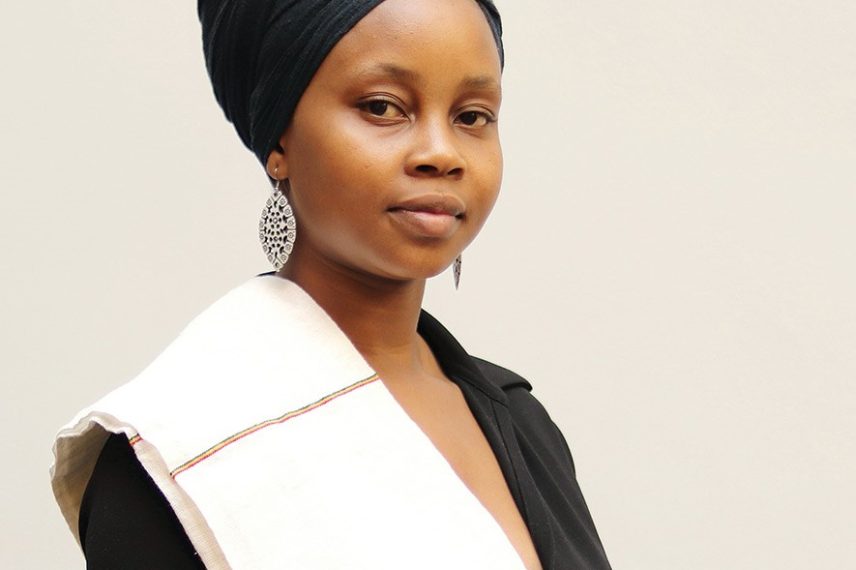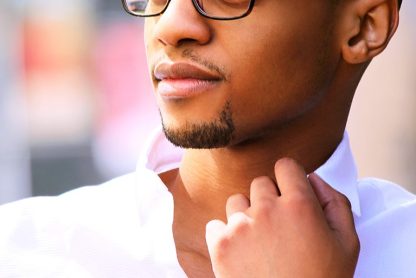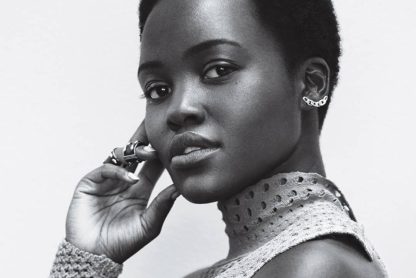At only 23, the 2020 Mail and Guardian Top 200 recipient Karabo Mokgonyana has worked with a number of organisations such as the UNESCO, the British Council and Mandela Institute of Development Studies amongst others. She what her role at AU entails, her passion for social equality and her success tips for young people
Give us a glimpse of your childhood, what were your career aspirations?
I was born and partially raised in a rural village in Limpopo. So I am a rural girl at heart and was partially raised by my great grandmother and then my mom took over once socio-economic circumstances improved. That’s when I moved to Gauteng and have been here since. I was not only a smart kid but I was also very talented, so my career aspirations were all over the place. My first career aspiration was to be a teacher because in rural areas that was regarded as one of the most valuable careers or at least the one that I was immediately exposed to as a young girl. When I moved to Gauteng and got exposed to more careers, I went from wanting to be a doctor and film director to wanting to be an architect. The career aspirations only started making sense when I got to the end of high school.
Who did you look up to growing up and why?
Growing up, I wouldn’t say there was a specific individual I looked up to but rather the amazing black women that raised me. I absorbed a lot from them and they were my biggest influences and the reason I am the woman I am today. These individuals range from my great grandmother, to my aunts and my mom – women who came out strong despite adversities and negative socio-economic circumstances.
What experiences prompted you to advocate for social justice and economic freedom amongst the marginalised?
My entire life journey prompted this path – from the poverty I experienced, to the abuses and femicide of close family members I witnessed, to the rural and social inequalities that affected me and my family to having conversations with friends and strangers about the struggles that they have faced. I have witnessed, experienced and observed a lot. It only made sense for me to play a part in this space – no matter how small. I further realised the power of my voice, the way I think and my ‘let’s act’ narrative – so I chose to use that to change other people’s lives.
When were you appointed African Youth Ambassador for Peace for the AU, how did the opportunity come about and what does it entail?
I was appointed in November 2019. I actually applied for the opportunity, went through an intense interview and fought my way to become one of the five on the continent. This position entails a lot, but to sum it up it’s about advancing active youth participation in peace and security on the continent and in the Southern Africa region.
What has been your career highlight and challenge thus far?
My career highlight has nothing to do with any of the awards, recognition or positions but rather finding myself. I am more confident, more certain about what I am capable of and know my power. I think in order for one to truly take up space – you need to trust your power and capability and I have found that. That is the greatest highlight of my career and journey so far. The biggest challenge has been fighting against systematic exclusions of women, black people and Africans. It’s one thing to want to get into these roles and implement stuff – but it’s an even bigger challenge when you want to get into this space to do those things, but first you need to fight against systematic exclusions for you to fill the same spaces as those who have privileges.
What is your definition of success and do you feel you have achieved it?
For me, success is contentment and happiness. Once you reach that minimum level of contentment (minimum because humans always raise up the bar of what contentment means) and you are happy about the positioning of your life – I believe that you have achieved a certain level of success. This can manifest in different ways – financial stability, spiritual fulfilment, healthy relationships or career advancement. I am not sure if I have achieved my success but let me just say that if God were to take me – I would be okay with that because I have led a purposeful life that has broad happiness to me.
Share with us what else keeps you busy most days?
If it’s not academics, then it’s movies, my amazing partner and family and lots of new experiences. I am a sucker for new life experiences – whether it’s travel, eating new things, visiting museums and other interesting sites, dancing and meeting new people.
What is your vision for young South Africans in the future?
My vision is for more young South Africans to be actively involved in governance structures so that they lead the social and economic changes that our communities need. Like Zozibini Tunzi said, we need to take up more spaces. Young people have so much power, not in the future, but today. Involvement in governance is bigger than political participation and the more youth are aware of the changes they can bring to society the better.
From your experience, do you think the journey to social equality is attainable and what more needs to be done to achieve it?
Social equality is definitely attainable, but I think what we need to rather be aiming for is social equity. Regarding what needs to be done, this would require an entire policy paper but some of the things include mainstreaming our policies and programmes, investing in effective community implementation that is followed with sustainability and effective monitoring and evaluating processes, better accountability and transparency mechanisms to reduce corrupt activities and decentralisation of economic opportunities.
Lastly, what are your success tips for young people?
Invest in gaining knowledge (formal and informal) and voluntary experiences – I dedicated five years participating in learning programmes, studying policies and how governance structures work and volunteering on the ground to understand root experiences of our people. This is the only way you can bring value into the institutions by having knowledge and ground experiences.
Branding and positioning yourself is everything. Make it clear what you are all about through the conversations you have, your social media platforms and the affiliations you make. I recently rebranded all my social media platforms and it is pretty clear what I am all about. This also goes into being careful about the things you put out there – some of it will make it but others have the potential to break you.
Stand for something. I believe in God so I am all about finding your purpose and living by that. However, even if you do not believe in God – this applies. Life is about alignment – be greater for those who do not have the privileges that you do have and utilise the resources you have access to in order to impact the lives of others.
Finally, take care of yourself. If you are not okay in any way (mentally, emotionally, physically or spiritually) it cripples your ability to serve fully. Always prioritise you being okay in everything that you do.
Connect with Karabo on:
Image source: Mail and Guardian



